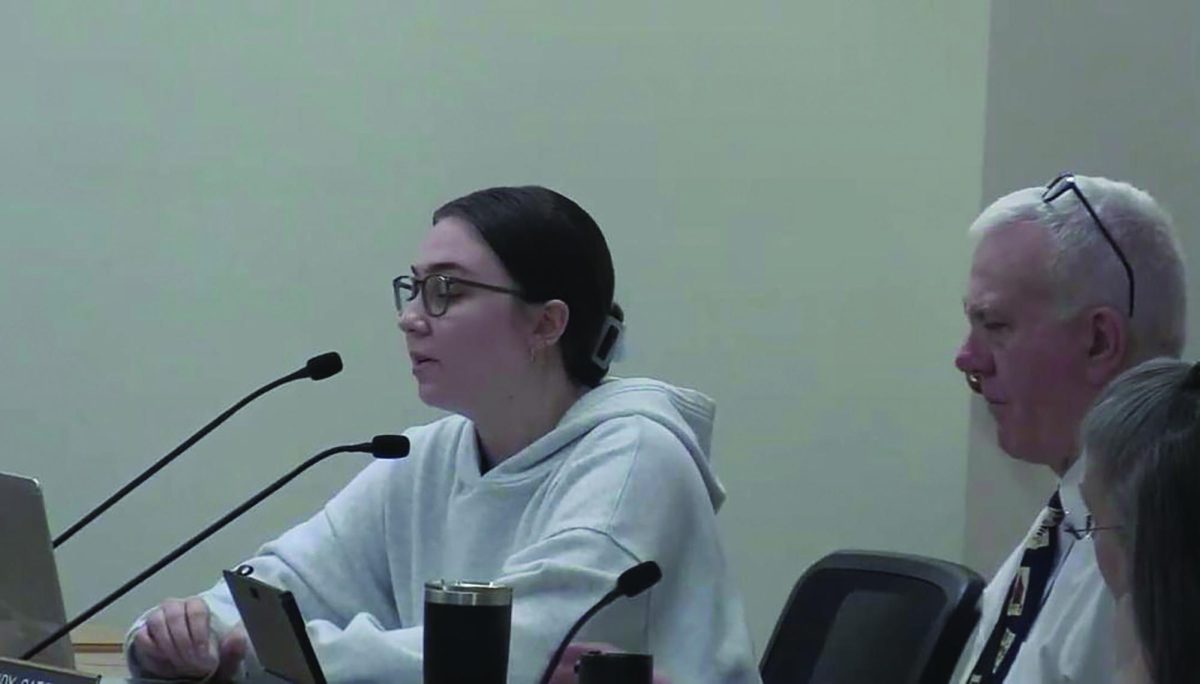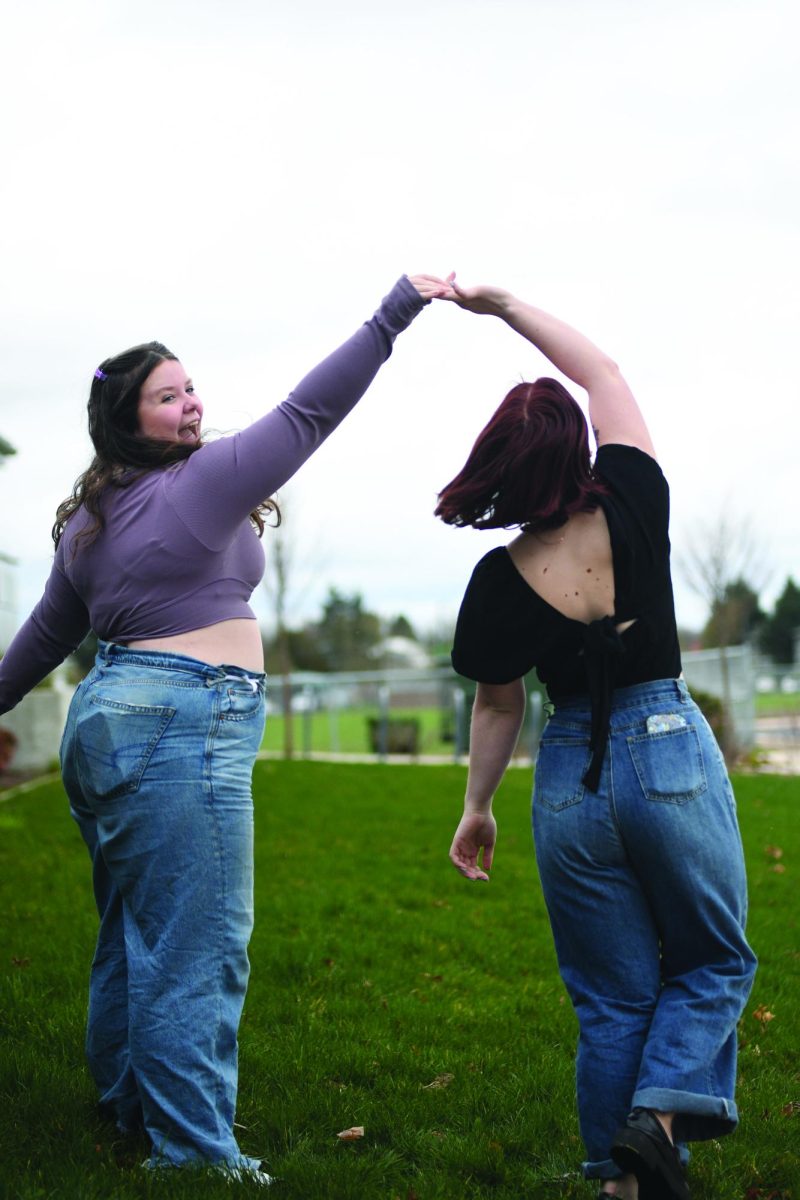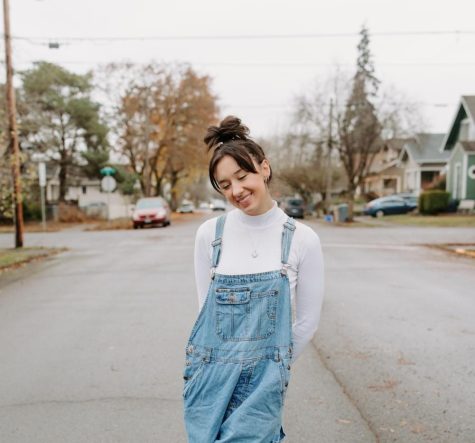2024 Elections Overview
Presidential elections only happen once every four years, and with each one comes four years of new voters. 2024 is one of them, and West Albany holds a slice of that new generation. Voting -and politics as a whole -can feel very intimidating, especially to youth. It can be hard to differentiate facts from falsities, form personal opinions, and navigate the process itself. However, political literacy holds the power of knowledge and understanding in our ever-changing state and nation.
This year, for Albany voters, there are five Linn County positions to be elected and 13 Oregon state positions, along with the Attorney General, Secretary of State, US House, Treasurer, and of course most notably, the President. Shifts in so many positions of power will undoubtedly bring change in our community and state, and every ballot contributes to each decision.
Hadley Huzefka
Perspective of WAHS’s student school board representative
Politics and government tends to be a subjects most youth aren’t particularly interested in, but for senior Hadley Huzefka, it’s not only a passion, but a hobby. Huzefka was elected as WAHS’s student school board representative, a position held by students who have the opportunity to advocate for and report on the happenings at their respective schools. “I’m showing [that] this is a student from West Albany, and then there’s a student from South Albany to represent their student body, just as school board members represent certain districts.”
Huzefka also participates in Youth and Government, a club in which students participate in writing bills and attempt to get them passed in mock Congress with other students in the state. Along with senior Noah Wines, she has received the Don Andrew heritage award twice. “Former youth governor Kylie Johnson…she signed our bill,” Huzefka said. “It was passed in the house and senate and was signed by our youth governor, just like the real deal.”
For Huzefka, voting is more than a check mark on a ballot. It’s a way to contribute to her community. “The vote is important to me because it’s how I can demonstrate what I’m interested in, and it means that no matter how big or small the election is, it’s a way for me to participate,” she said.
2024, being Huzefka’s first year to vote, simply further encourages her to advocate for youth involvement in government. She praises research on all sides of the spectrum, and reviews of unbiased sources for those looking to prepare for the elections and to form their own opinions, and ask any questions fearlessly. “I don’t look at news having a lean as a bad thing,” Huzefka said. “If you surround yourself with moderate and equal parts of both sides…you can formulate a pretty educated opinion on how you feel.”
Ramycia McGhee
Encouragement from a city councilor
Ramycia McGhee is an English and Literature professor at LBCC, and is serving her first term on the Albany City Council. The Chicago-born teacher originally ran for the council based on a recommendation, but has found a local way to spread her word and further her involvement in Albany’s community. “It’s important to have representation,” she said. “I’ve been the first woman of color to sit on the Albany City Council…it’s a huge stepping stone for our community.”
McGhee is a huge advocate for youth voting, emphasizing the impact it has on the future of our community, state, and nation. “It’s up to people like me and you and folks in our generation to really fight for the right thing…we need to be on the right side of history,” she said.
As a Black woman, she stresses the privilege that comes with voting, and the honor it is to cast a ballot. “Our ancestors, black people, women…have fought for us to be able to vote. it’s also a proof of life and a way to let our voice be heard,” she said.
As far as voting itself goes, McGhee recommends sharing the experience with those around you. Making r Research or even casting your ballot as a group can help boost motivation, and strengthen your sense of community purpose. “Make it an activity. Let’s get together and go to a coffee shop. Let’s talk about it, let’s look at the candidates, let’s read up and see what they’ve done. what they’ve not done,” McGhee recommends. However, she urges the right to privacy in your vote. “If you don’t want to share your voting results or what you’re choosing, that is your personal business.”
Personally, McGhee formed her perspective through her background and experiences, specifically through her Blackness and Christianity. “Having a huge strong presence of African American Black folks…it was easier for me to lean into what my values and vision is…and my moral compass,” she explained. Now, McGhee’s relationship with God plays a significant role in her actions, both professionally and otherwise. ”I have a huge, huge faith…Christians are known by our love. All of that plays into how I move in this country, how I navigate this community, and how I teach in my classroom,” she said. “Before I make any decisions about anything, I pray about it….I in no way use that to beat people down. I wasn’t created for that.”
Reliable Voting Resources
- Ballotpedia: Encyclopedia of American politics with free sample ballots
- Vote.org: Nonpartisan nonprofit website with voter registration, pledging and sample ballots
- Sos.oregon.gov: Oregon’s secretary of state website with information on local measures, candidate filings, and data of Oregon’s past elections
- Oregon Voter’s Pamphlet: Pamphlet mailed to all registered voters containing explanations of measures, candidate statements, and translations into different languages
- Adfontes Media Bias Chart: Online ratings of popular news and media sources by reliability and bias (Recommended by English and Social Studies teacher Jodi Howell to her AP Composition classes)
- Vote411.org: provides voting information by state, locates debates and polling places, and offers first time voter checklist
- United States Election Assistance Commision: Information on U.S Electoral College, sign-ups for poll working, and voting reportsWAHS's student school board representative senior Hadley Huzefka speaking at a school board meeting




